
Chip Zdarsky and I perhaps got off on the wrong foot. It’s no secret that I was not a fan of the extended Failsafe/Zur/Joker arc that took up the first 25 issues of his run. I’m not here to relitigate my problems with that story, but rather come into a new one with fresh eyes and an open mind. “All In” is meant to be a new chapter for all of DC, and that includes Batman. In fact, the solicit hints at a return to classic detective stories and even a reformed Riddler. That sounds a lot like Paul Dini’s run on Detective Comics, which is one of my all time favorites for the character. Before even opening the first page we’re off to a good start.
The story is one primarily focused on establishing the new status quo. As Batman himself alludes to, it feels like the calm before the storm where even a potential mugging is a bait and switch gag where the supposed criminal is just offering directions. This moment of peace is not simply because Zur-En-Arrh is finally gone, but also because Bruce Wayne has “finally” started helping people by donating money to charity. This point was raised at the end of issue #149, but I guess it’s going to become a major focus of the plot and I’m not happy about it.

This is a belabored point, but Bruce Wayne has always donated a ton of money to charity. At almost every opportunity the comics go out of their way to show that essentially every cent that doesn’t go into Batman stuff goes into one foundation or another. It simply doesn’t get as much focus because it makes for a less interesting comic than punching Scarecrow. Even then, you still have the occasional one-shot that’s all about the good Bruce Wayne does outside of Batman (one of my personal favorites is Gotham Knights #32, “24/7”). Framing this as a shift in the way Bruce Wayne operates does a disservice to the character as he’s existed for years.
One clear reason for the attention given to Bruce’s philanthropy is that the new arc is going to heavily lean on sociopolitical commentary. It touches on almost every aspect of the issue, from protestors and even homeless people calling Bruce a “commie” for giving to charity, to the new vigilante “Commander Star” who acts as a lethal agent of nationalism. I’m all for using stories as a way to convey a political idea. I think Ram V did a great job in the ways the Orghams represented the ideologies of fascism back in his Detective Comics run. However, the way it’s presented here comes across as hollow. Everything is both surface level and incredibly ham-fisted. At one point Bruce flat out explains why Commander Star can get away with what he does because he’s “wrapped in a flag”.

Since The Riddler is now “reformed”, he needs a reason for staying involved with the story. When Paul Dini did it back in 2007, he made it so that Eddie became a freelance private detective, allowing him to use his puzzle-solving ability for good while still aggrandizing his own intelligence (and creating opportunities for team-ups with Batman). Zdarsky, instead, has decided that he gets rich creating his own cryptocurrency and a cryptographic security business.
First off, as someone who works in the tech sector, those two things aren’t actually connected. Second, that doesn’t feel like a great explanation. Being smart really has nothing to do with cryptocurrency and just feels like another attempt at social commentary with something topical, and running a cybersecurity company relies pretty heavily on companies trusting you with their data. Eddie is a known thief if not murderer. It’s implied that the Court of Owls had something to do with his success, but I suppose time will tell as to how well this new role for the Riddler works out.

Jorge Jiménez returns on art duty, though with less of the enthusiasm that readers may have come to expect from him on the title. It’s by no means bad, Jiménez is still an incredibly talented artist, but the characters and scene layouts often come across as sterile and empty. There’s still the occasional glamor panel that looks great with his classic, moody style thanks in part to Tomeu Morey’s ability to work with lighting and shadow, but the pages that look more paint by numbers are unfortunately becoming more common.
Recommended If
- You want a fresh start on Chip Zdarsky’s run
- A reformed Riddler is always an fun premise
- You’re a fan of when superhero comics are about current social issues
Overall
Batman #153 kicks off a new chapter of Chip Zdarsky’s run by focusing less on the secrets of Batman’s past and more on social commentary of the present. From wealthy philanthropy to violent nationalism to cryptocurrency, it seems to want to tackle as many hot topics as possible. Unfortunately, that commentary feels haphazard in its attempts to tie broader political issues into the narrative at hand. If this approach is going to work moving forward, it’ll need to more deftly handle such complex subject matter.
Score: 4/10

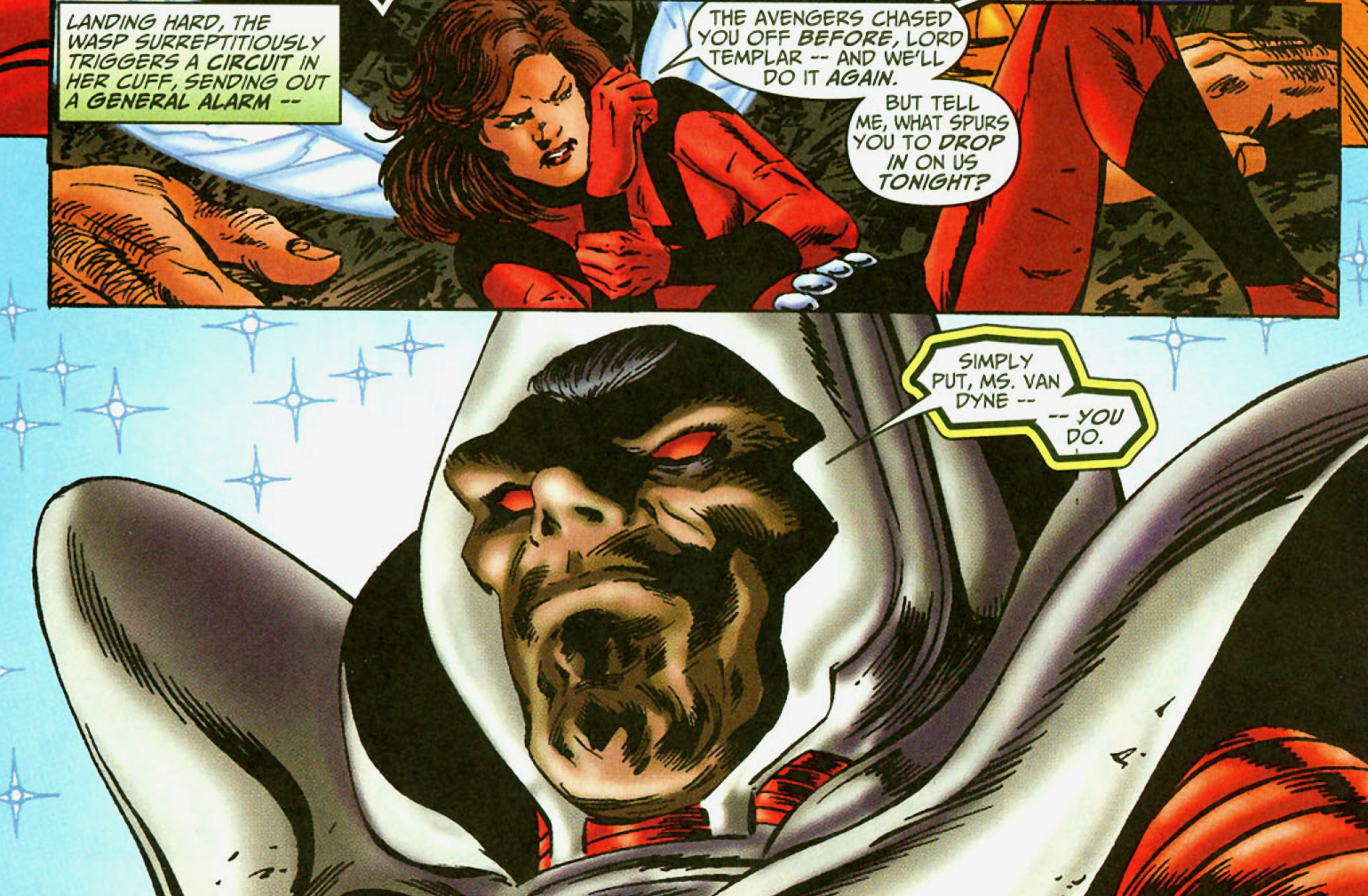




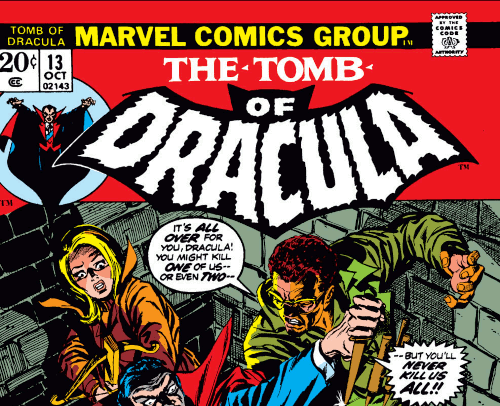
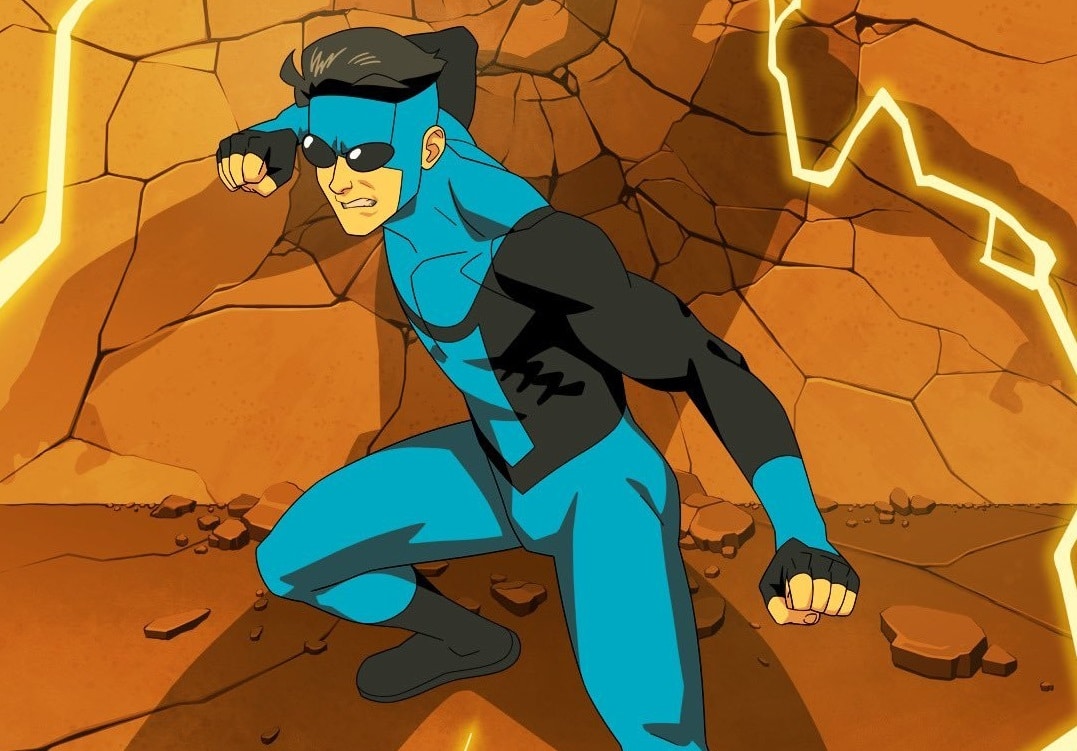


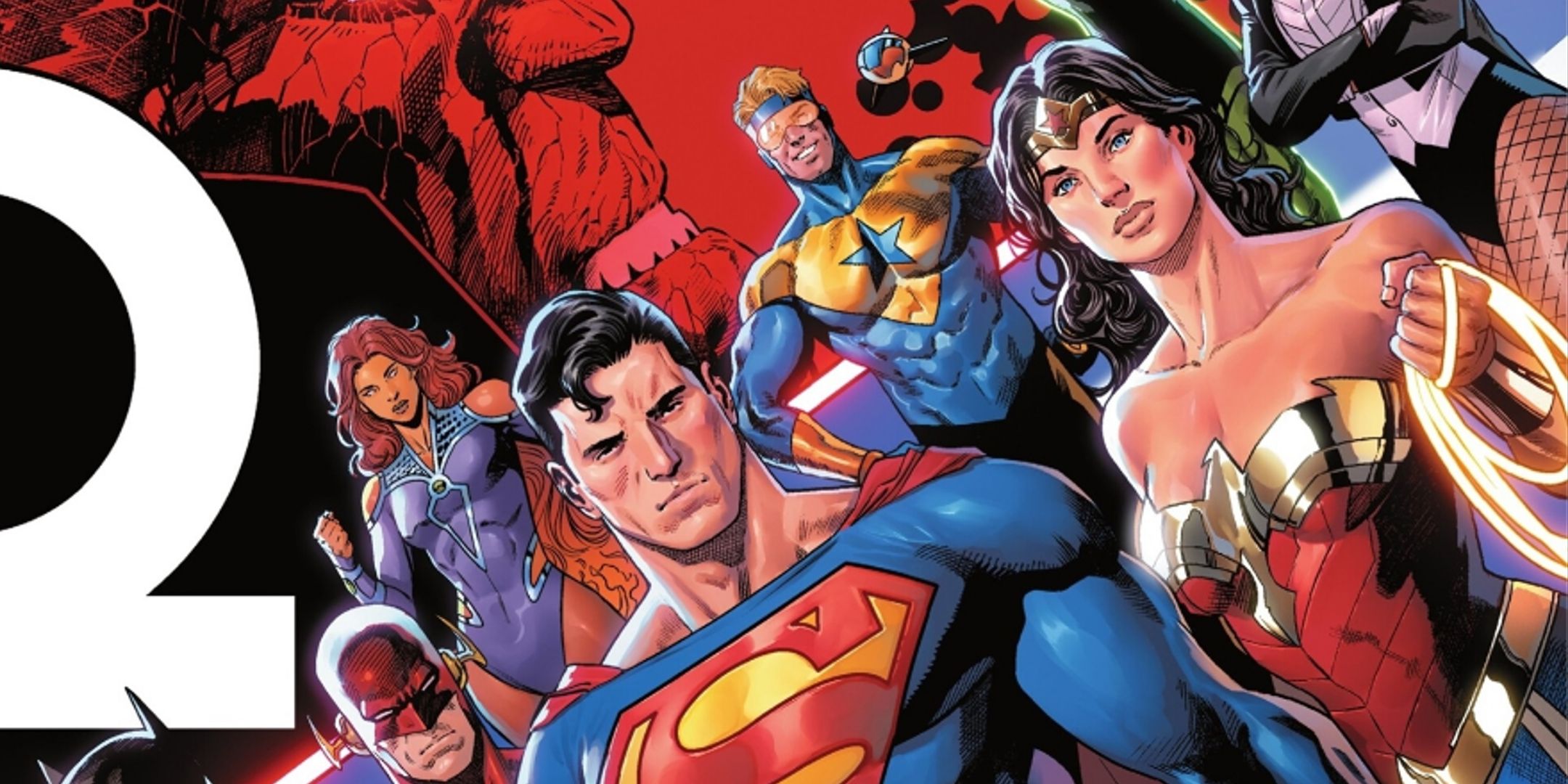
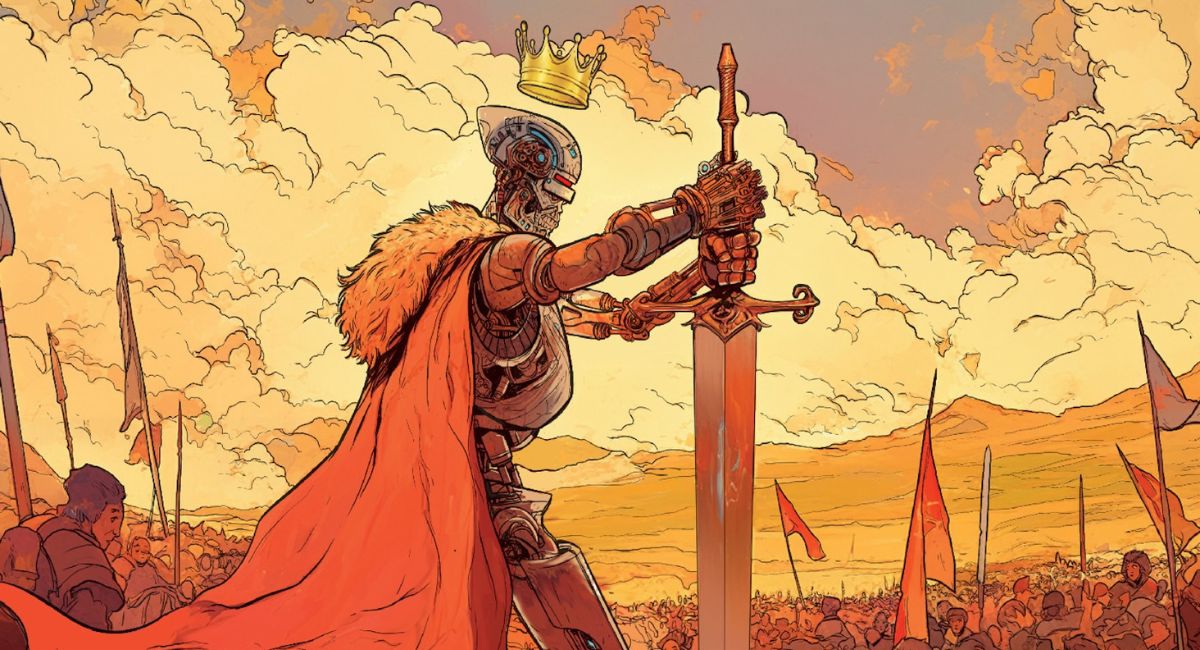


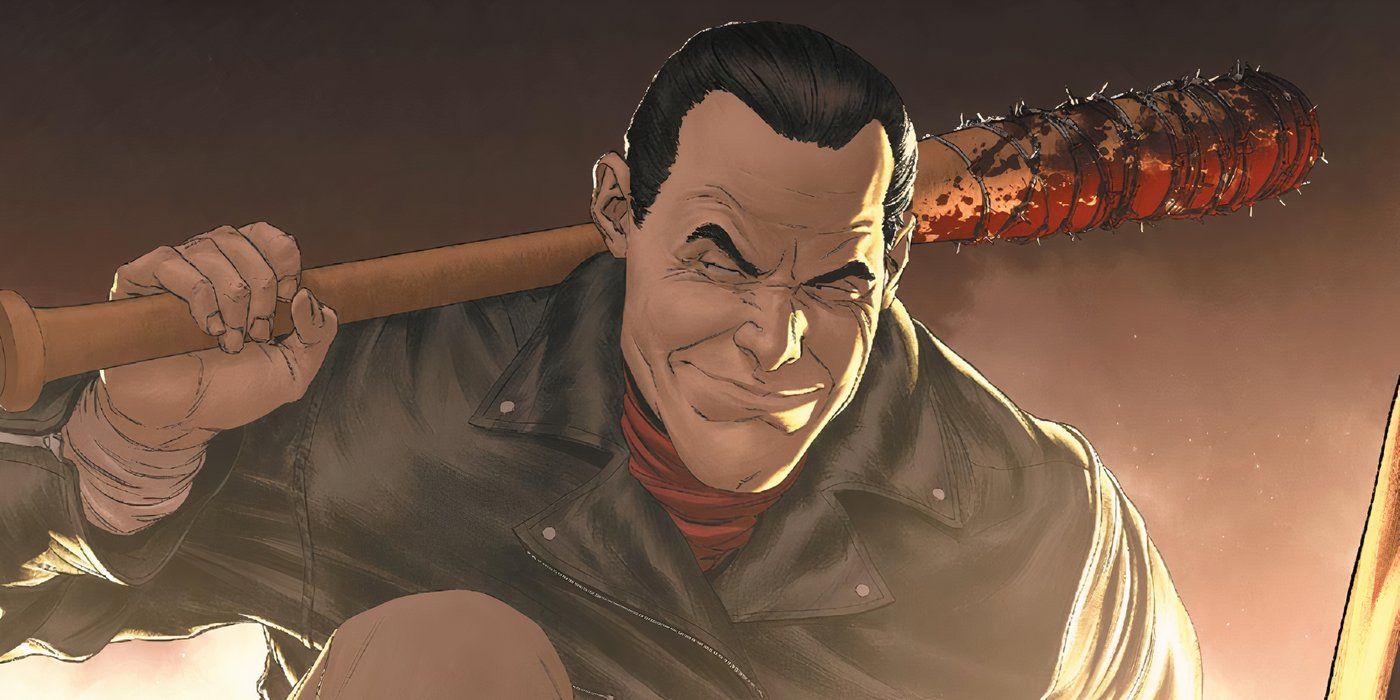




 English (US) ·
English (US) ·